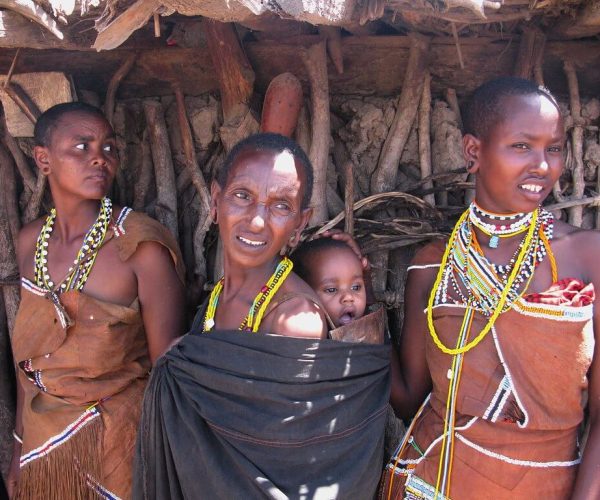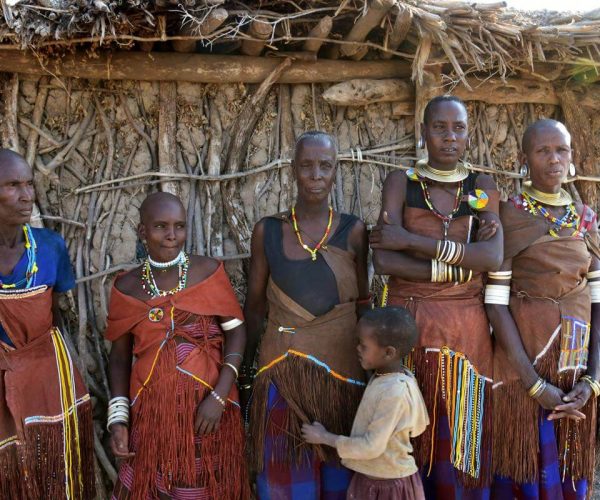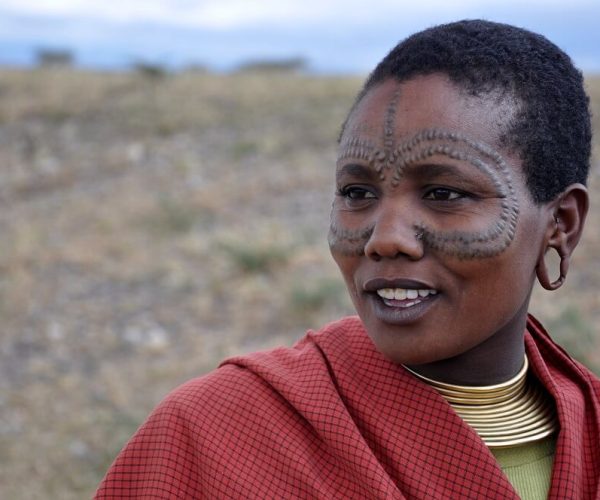- Home
- About Us
- Safaris
 25% OFF
25% OFF- 10 Days | 9 Nights
Incredible Luxury Safari.
 25% OFF
25% OFF- 8 Days | 7 Nights
Wildebeest Migration
 25% OFF
25% OFF- 7 Days | 6 Nights
Standard Safaris
 25% OFF
25% OFF- 6 Days | 5 Nights
Tanzania Luxury Safari
- Trekking
 25% OFF
25% OFF- 6 Days | 5 Nights
Machame Route
 25% OFF
25% OFF- 7 Days | 6 Nights
Marangu Route
 25% OFF
25% OFF- 8 Days | 7 Nights
Lemosho Route
 25% OFF
25% OFF- 7 Days | 6 Nights
Rongai Route
- Destinations
 25% OFF
25% OFF- Northern Circuit
Serengeti National Park
 25% OFF
25% OFF- Northern Circuit
Tarangire National Park
 25% OFF
25% OFF- Northern Circuit
Ngorongoro Crater
 25% OFF
25% OFF- Northern Circuit
Lake Manyara National Park
- Zanzibar
- Contact Us
- Home
- About Us
- Safaris
 25% OFF
25% OFF- 10 Days | 9 Nights
Incredible Luxury Safari.
 25% OFF
25% OFF- 8 Days | 7 Nights
Wildebeest Migration
 25% OFF
25% OFF- 7 Days | 6 Nights
Standard Safaris
 25% OFF
25% OFF- 6 Days | 5 Nights
Tanzania Luxury Safari
- Trekking
 25% OFF
25% OFF- 6 Days | 5 Nights
Machame Route
 25% OFF
25% OFF- 7 Days | 6 Nights
Marangu Route
 25% OFF
25% OFF- 8 Days | 7 Nights
Lemosho Route
 25% OFF
25% OFF- 7 Days | 6 Nights
Rongai Route
- Destinations
 25% OFF
25% OFF- Northern Circuit
Serengeti National Park
 25% OFF
25% OFF- Northern Circuit
Tarangire National Park
 25% OFF
25% OFF- Northern Circuit
Ngorongoro Crater
 25% OFF
25% OFF- Northern Circuit
Lake Manyara National Park
- Zanzibar
- Contact Us
- Home
- About Us
- Safaris
 25% OFF
25% OFF- 10 Days | 9 Nights
Incredible Luxury Safari.
 25% OFF
25% OFF- 8 Days | 7 Nights
Wildebeest Migration
 25% OFF
25% OFF- 7 Days | 6 Nights
Standard Safaris
 25% OFF
25% OFF- 6 Days | 5 Nights
Tanzania Luxury Safari
- Trekking
 25% OFF
25% OFF- 6 Days | 5 Nights
Machame Route
 25% OFF
25% OFF- 7 Days | 6 Nights
Marangu Route
 25% OFF
25% OFF- 8 Days | 7 Nights
Lemosho Route
 25% OFF
25% OFF- 7 Days | 6 Nights
Rongai Route
- Destinations
 25% OFF
25% OFF- Northern Circuit
Serengeti National Park
 25% OFF
25% OFF- Northern Circuit
Tarangire National Park
 25% OFF
25% OFF- Northern Circuit
Ngorongoro Crater
 25% OFF
25% OFF- Northern Circuit
Lake Manyara National Park
- Zanzibar
- Contact Us
Cultural Tour in Tanzania
A cultural tour in Tanzania offers a unique opportunity to connect with the rich heritage of the country’s indigenous communities.
These immersive experiences allow visitors to step into the daily lives, traditions, and histories of tribes that have preserved their ways of living for centuries.
From the iconic Maasai to the lesser-known Hadzabe and Datoga, each group provides a distinct and unforgettable encounter with Tanzania’s diverse cultures.
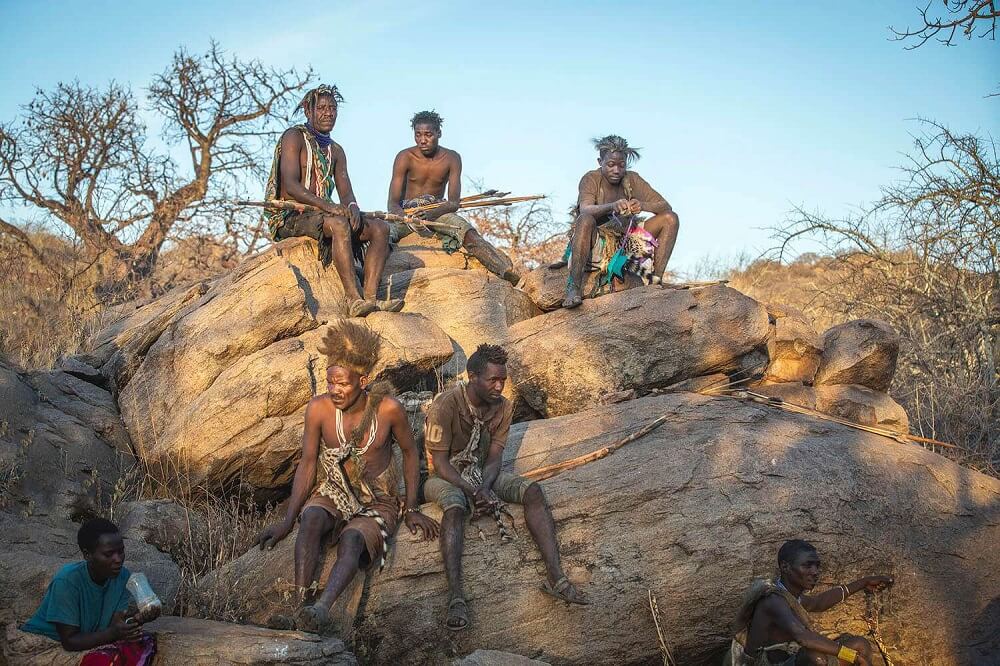
Maasai Tribe
The Maasai are one of Africa’s most famous and visually striking tribes, known for their vibrant red shukas, intricate beadwork, and semi-nomadic lifestyle. A visit to a Maasai village offers insight into their pastoral way of life, where cattle hold deep cultural and spiritual significance. Guests can participate in traditional dances, learn about their unique customs, and hear stories passed down through generations, all while being warmly welcomed by the community.
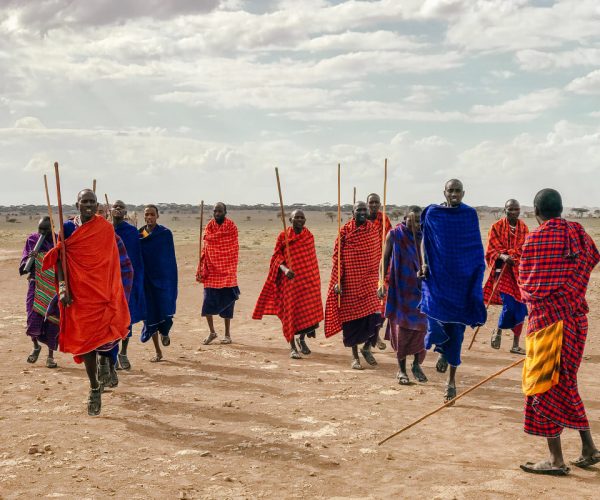
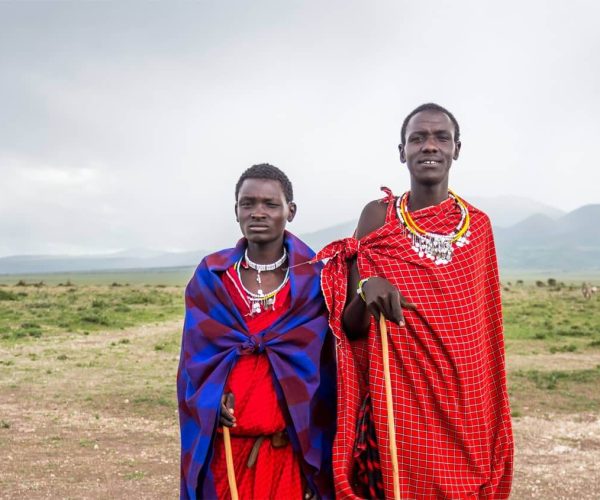
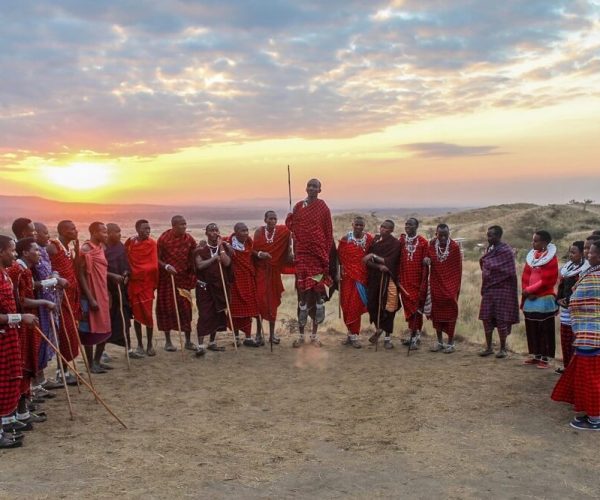
Hadzabe Tribe
The Hadzabe tribe, one of the last hunter-gatherer communities in Africa, offers a rare glimpse into an ancient way of life that has remained unchanged for thousands of years. Living near Lake Eyasi, the Hadzabe sustain themselves through hunting with bows and arrows and foraging for wild plants. Visitors can join in their hunting expeditions, learning survival techniques and observing how they live in harmony with nature. The experience is an intimate and raw connection to humanity’s earliest practices.
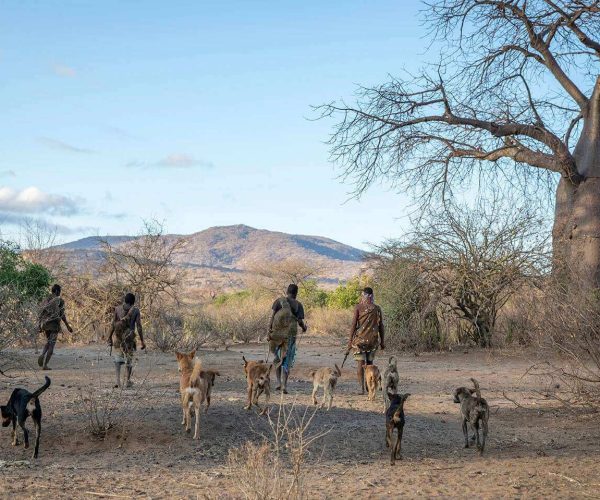
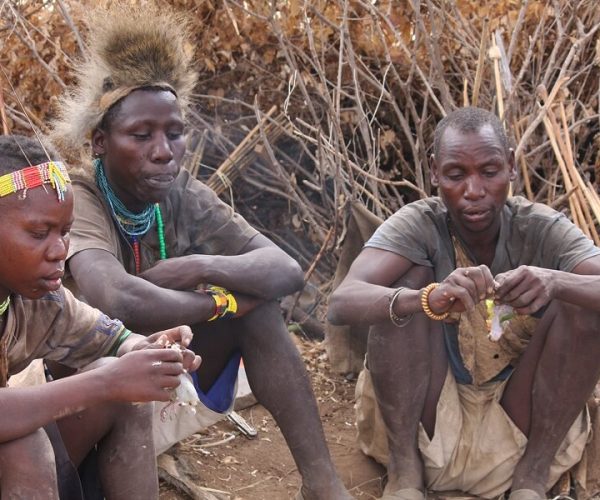
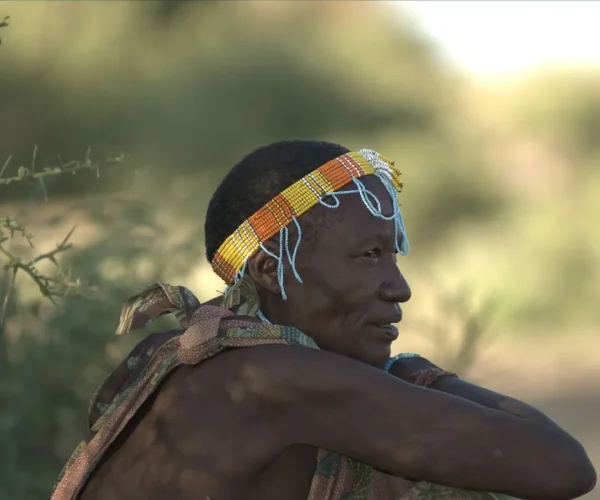
Datoga Tribe
Known for their blacksmithing skills, the Datoga people, also found near Lake Eyasi, are a proud tribe with a rich history of craftsmanship. Skilled in metalwork, they create tools, weapons, and intricate jewelry using traditional methods. A visit to the Datoga allows travelers to witness these artisans at work, forging items by hand. Alongside their craftsmanship, visitors can also learn about Datoga’s farming traditions and distinctive dress, which includes elaborate facial markings and leather garments.
